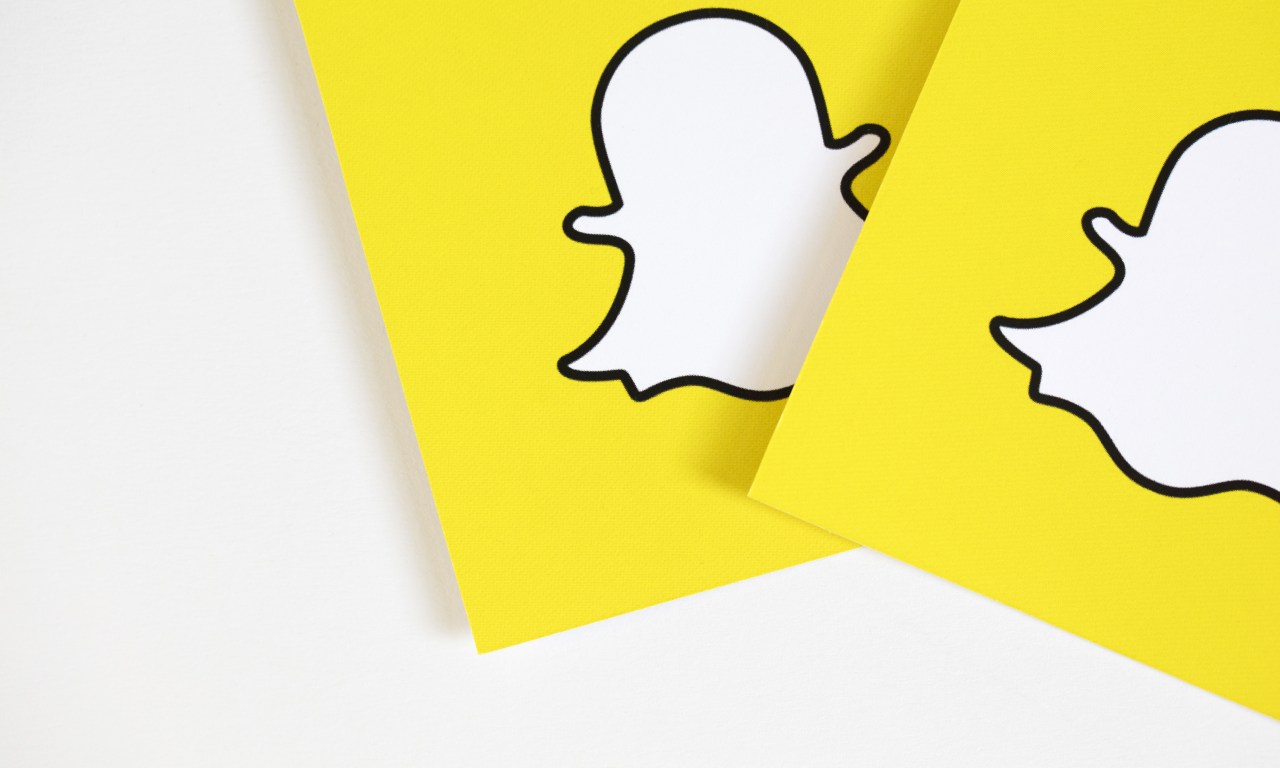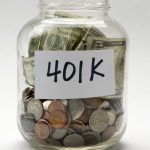The general practice of overselling flights caught up to United Airlines this week, and it has been nothing short of a circus. Around 5:00 pm on Sunday, April 9, 2017, Dr. David Dao boarded United Flight 3411, a sold-out flight traveling from O’Hare International Airport to Kentucky. Minutes later, Dr. Dao was dragged through the aircraft’s aisles on his back by Chicago Department of Aviation security officers. This scene was caught on video, circulated online, and became an epic public relations disaster.
Please fasten your seatbelts; it’s going to be a bumpy ride
Initially, passengers were told that one volunteer was needed to take a later flight because the flight was overbooked. After passengers boarded, United made another request requesting four volunteers to take a later flight to accommodate four United crew members. Here’s the problem, the next flight to Kentucky was not until Monday afternoon. When no one agreed, four people were randomly selected to leave, one of which was Dr. Dao. Understandably, he became upset, and security was called. Malay ensued. One of the officers attempted multiple times to yank Dr. Dao out of his seat before pulling him into the aisle. From multiple accounts, Dr. Dao sustained injuries during the scuffle and was ultimately dragged down the aisle and off of the plane. Dr. Dao returned appearing disoriented and bloody and was again removed. The plane departed three hours late, as it had to be cleaned of Dr. Dao’s blood.
Investors “re-accommodate”
Investors ‘Re-accommodate’ United’s Stock, Wiping $830 Million In Value After Dragging Passenger Off Plane https://t.co/huCDOeisUk pic.twitter.com/L3ziZ5ITda
— TheGailyGrind (@thegailygrind) April 11, 2017
It does not seem that the video circulated widely enough to effect United (symbol: UAL)’s stock price during Monday’s trading. But by Tuesday morning, investors were poised to sell. In the first thirty minutes of Tuesday’s trading, United’s stock declined over three dollars per share from $71.53 to $68.46. This drop resulted in an approximate $970 million dollar loss in United’s market cap. For clarification, market capitalization (“market cap”) is the market value of a company based on the number of outstanding shares and its price per share. Currently, there are 314,622, 651 shares of United stock outstanding.
Market Cap = company’s number of shares outstanding X current market price per share.
Monday, April 10, 2017
UAL’s Market Cap= $22.50 Billion ($71.53 [price per share] x 314,622,651 [number of shares outstanding]).
10:00 am, Tuesday, April 11, 2017
UAL’s Market Cap= $21.53 Billion ($68.46 [price per share] x 314,622,651 [number of shares outstanding]).
However, by the market’s 4:00 pm close and after a much-needed apology from the CEO, United recouped much of its intraday losses and posted a $0.82 loss from the day before.
The view from 30,000 feet
United CEO response to United Express Flight 3411. pic.twitter.com/rF5gNIvVd0
— United (@united) April 10, 2017
United’s stock losses on Tuesday are just a blip on the radar. At its lowest point in Tuesday’s trading United’s market cap was $21.53 Billion, nine times higher than June 2016 when the stock was trading at its 52 week low of $37.41.
Social media has condensed the reaction time of the financial markets to coincide with real time consumer reactions. Sunday’s incident should be a cautionary tale to all CEOs to deal with these issues, the right way, the first time. Sustained loss of goodwill, an intangible asset that includes the value of a company’s brand, can cause a decline in profits and earnings.
The exact cause of Dr. Dao’s issue, overbooking and airline capacity, is a bigger problem than just intraday swings in share price. Its severity is noted in United’s 2016 Annual Report released on February 23, 2017. As a publicly held company, United is required to disclose any major pending investigations and lawsuits. In its 2016 Annual Report, United revealed that it completed its response to the Department of Justice’s June 2015 Civil Investigative Demand (“CID”) from its Antitrust Division. This Demand sought information related to statements and decisions about airline capacity. The DOJ is investigating collusion between airlines to hold down capacity (supply) to drive up fares (demand).
After the announcement of the CID, United was named as a defendant in multiple class action lawsuits. These lawsuits assert claims of collusion among U.S. airlines regarding capacity which adversely impacted airfares. The plaintiffs seek treble damages, damages that are multiplied three times, in accordance with the Sherman Anti Trust Act.
My thoughts
Every drop in stock price is not a “buy” signal. The problem which led to Dr. Dao’s removal is a symptom of a bigger issue. These lawsuits signal that more problems (and losses) might be on the horizon for United. In other words, buckle up and expect turbulence.
Please join me tonight, Wednesday, April 12, 2017 at 9 pm EST, for a discussion on United, stocks, and the stockmarket on Facebook Live.



